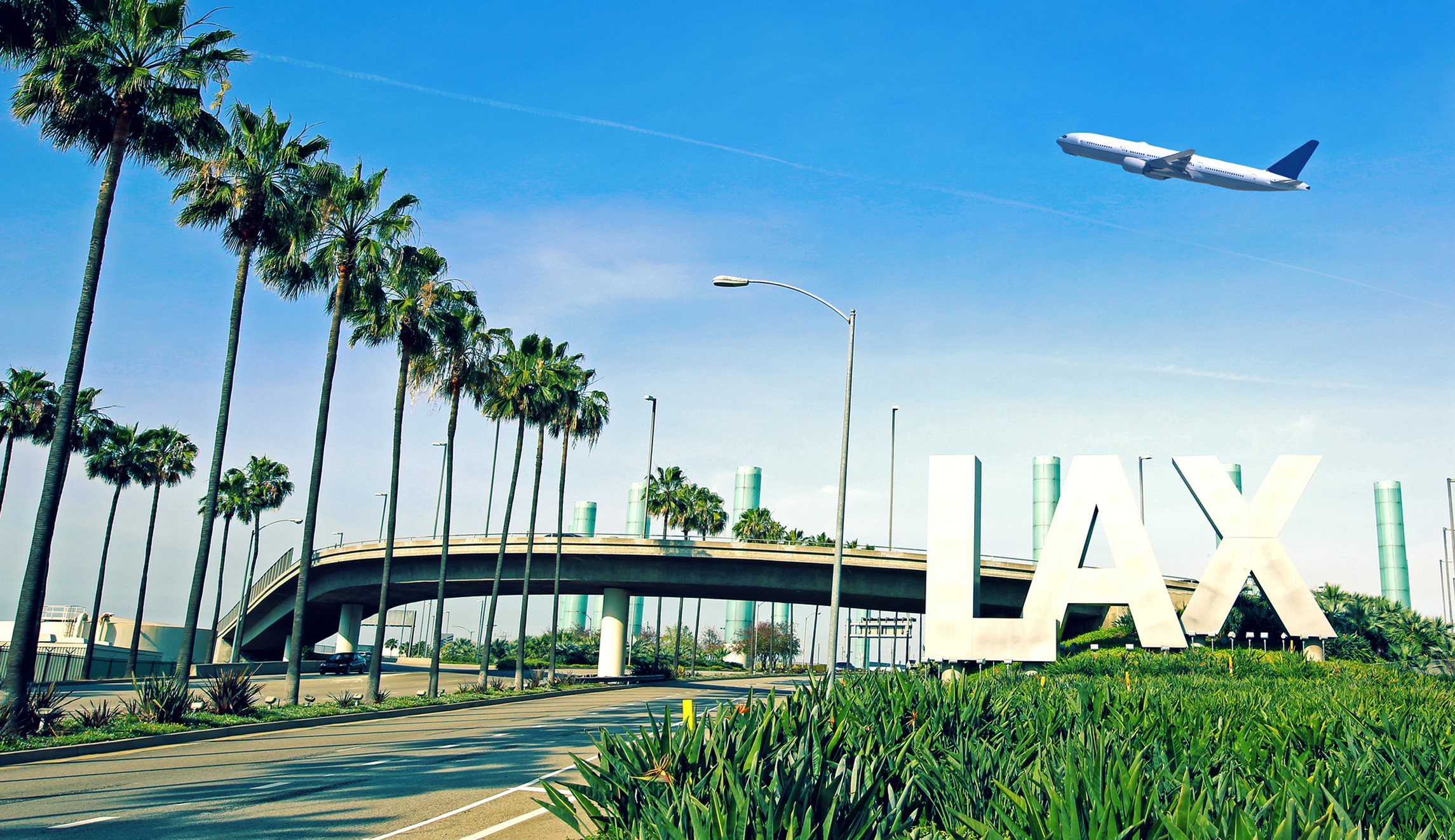The California Task Force to Study and Develop Reparation Proposals for African Americans released an “
interim report
” last month, and it is indeed a fascinating document.
It includes some common myths of the Left, including the
false claim that 1619 was the first year African slaves were brought to North America
. It also glosses over California’s dark history of
Native American enslavement
, which is odd considering how much time the report spends on the very real ill treatment of black people in the rest of the country.
Turning to the Golden State, the report correctly notes that before World War II, there were almost no black people in California.
The 1940 census found less than 2% of Californians were black
. But then, during World War II, the black population exploded, more than doubling by 1950 and then steadily rising to a height of 7.69% in 1980.
However, something happened. The report does not explain why, but it does note: “In the past three decades, about 275,000 Black Californians have left expensive coastal cities to move inland or to other states. During the same timeframe, the Black populations of some of California’s historically Black neighborhoods in cities across California have plunged: Compton by 45 percent, San Francisco by 43 percent, and Oakland by 40 percent.”
The shrinking of California’s black population has not been as dramatic statewide as it has been in coastal cities, but it is shrinking, all the way down to 5.7% in the most recent census. Meanwhile, the percentage of black people nationally has held steady at about 12%.
So if African Americans are leaving California, where are they going? Turns out they are heading right back to those states that, according to the rest of California’s reparations report, treated them so terribly decades ago. Georgia, Texas, and Louisiana also saw big black population gains over the last decade.
No one is disputing that slavery was an inhumane and immoral institution for literally thousands of years. Or that black people in the United States continued to suffer from racism for decades after slavery ended.
But the California report asserts that “today, 160 years after the abolition of slavery, its badges and incidents remain embedded in the political, legal, health, financial, educational, cultural, environmental, social, and economic systems of the United States of America. … Without a remedy specifically targeted to dismantle our country’s racist foundations and heal the injuries inflicted by colonial and American governments, the ‘badges and incidents of slavery’ will continue to harm African Americans in almost all aspects of life.”
Before California tells the rest of the country how to fix racism, it needs to look in the mirror and figure out why so many black people are leaving that state for states that allegedly have much more racist pasts.








